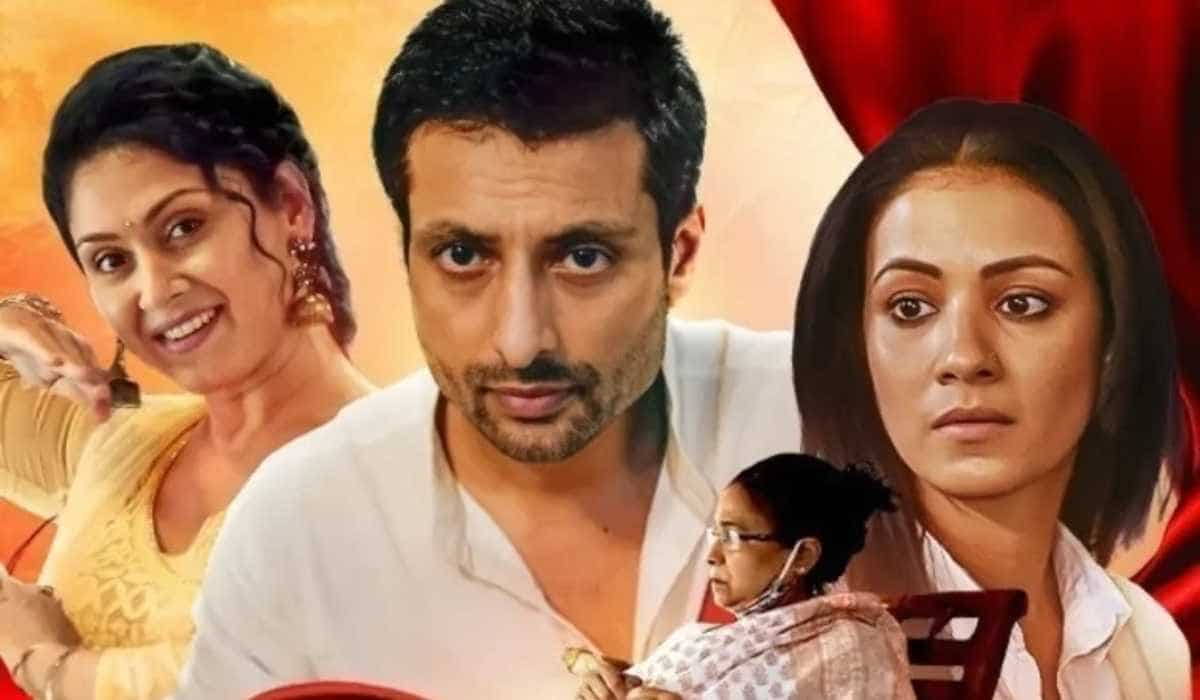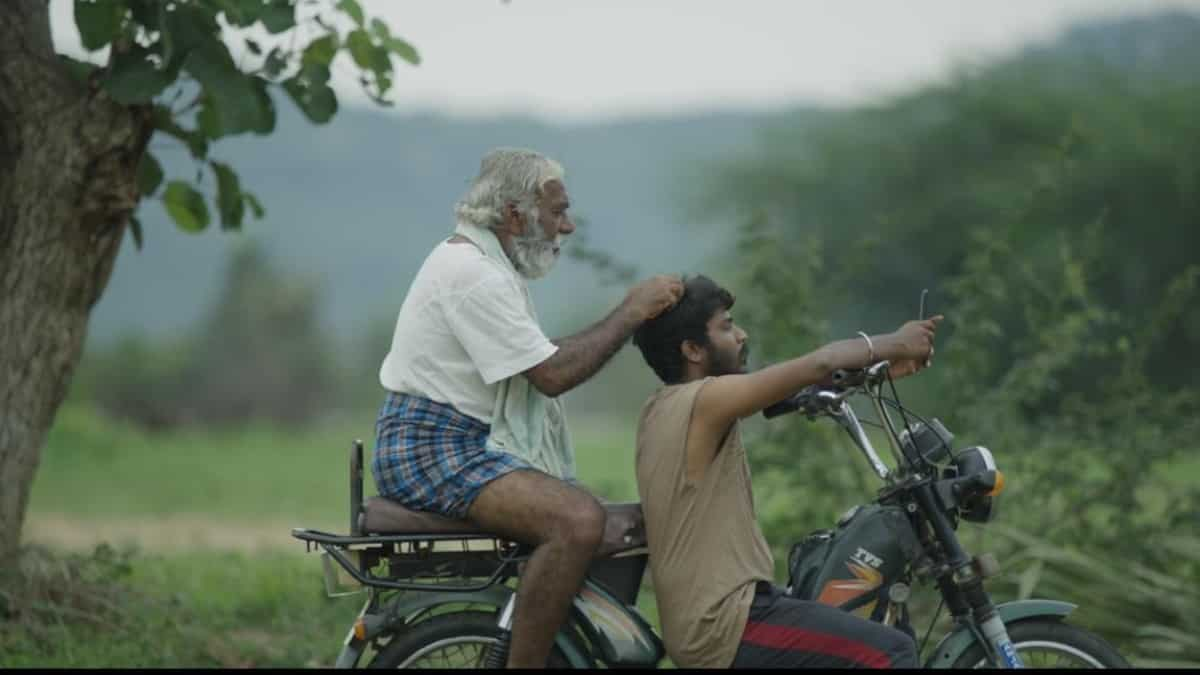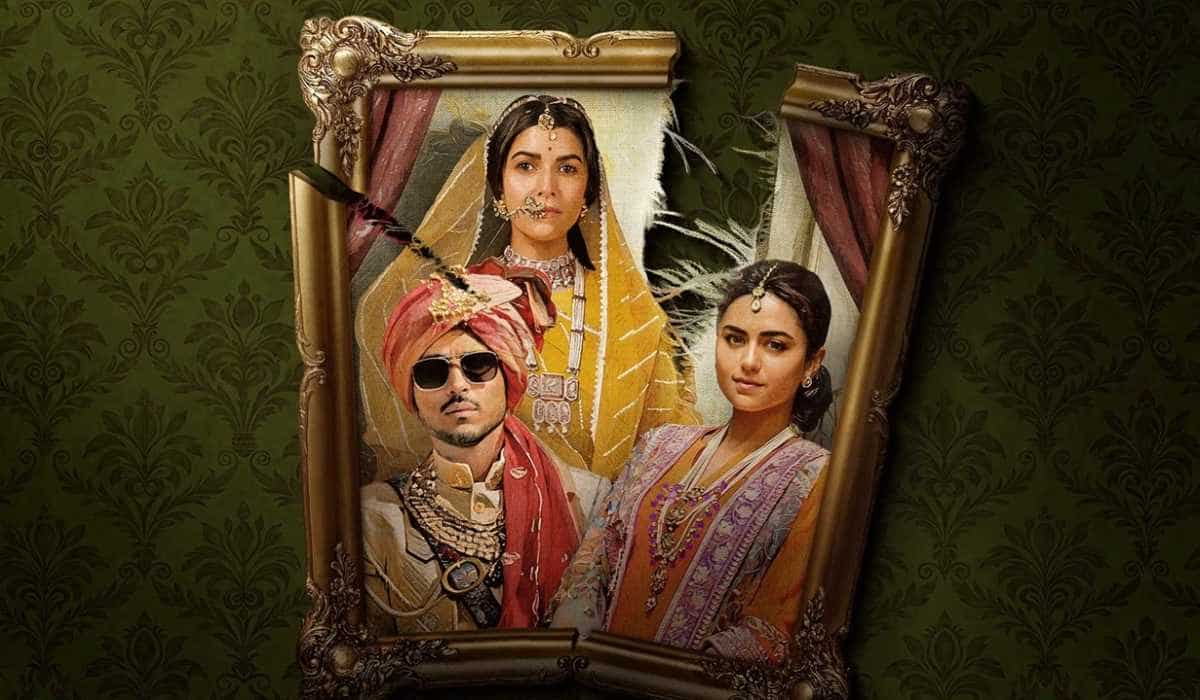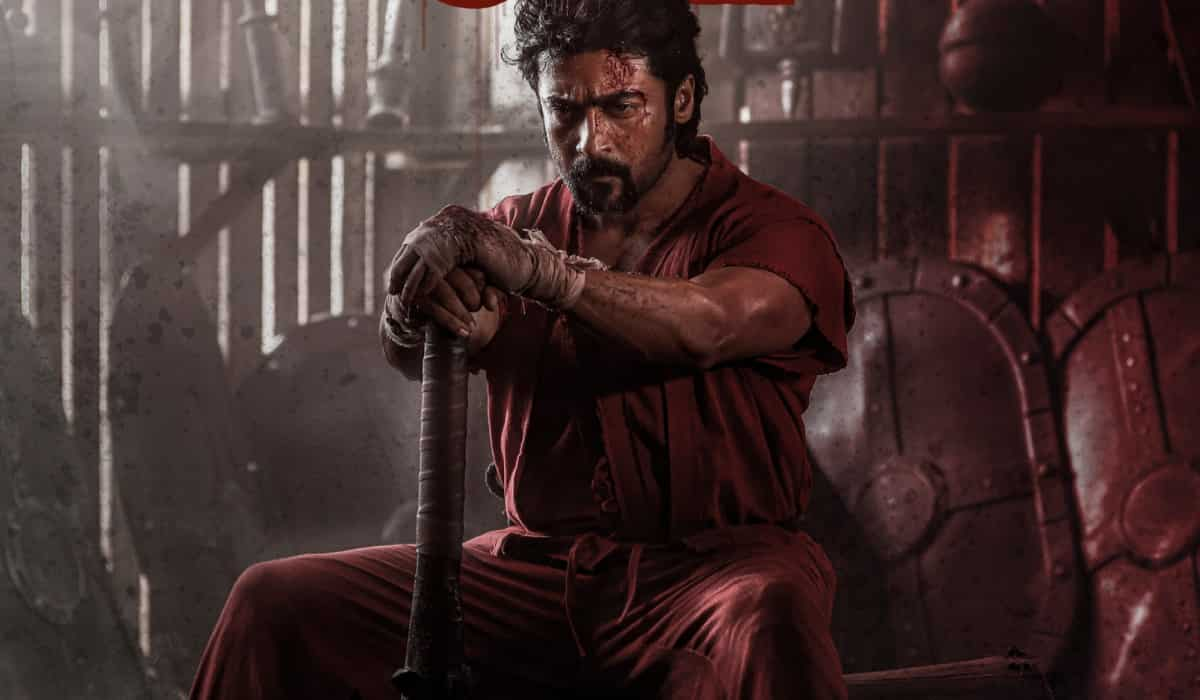
Chalti Rahe Zindagi review: Fragmented yet heartfelt attempt to capture slice of pandemic life
9 months ago | 100 Views
In Chalti Rahe Zindagi, the protagonist, Krishna Bhagat (Siddhant Kapoor), is a neighbourhood bread vendor whose daily deliveries bring together three families living in a busy flat block. Their lives disintegrate in three dramatic episodes as the pandemic tightens its grasp. The first act reveals the truth about a covert affair that took place between Arjun's (Indraneil Sengupta) wife and Aru's (Barkha Bisht) husband. After that, Krishna finds himself in a bit of a financial bind when Sushma (Flora Jacob) demands repayment of a loan, prodded on by her ambitious son Akash (Rohit Khandelwal), who is a TV journalist. We enter the Seth home in the last act to find three generations of women entangled in a web of repressed emotions and competing ambitions: the ageing Leela (Seema Biswas), her daughter-in-law Naina (Manjari Fadnnis), and her granddaughter Siya (Ananya Shivan), who is just a teenager. The severity of the lockdown tests the characters' perseverance, connections, and self-awareness. When everything around them comes to a standstill, will these average individuals be able to summon tremendous strength from within? On the other hand, will the weight of confinement irreparably disrupt their lives?
Chalti Rahe Zindagi review:The COVID-19 pandemic entrapped people in 2020, forcing them to return to the new normal almost three years ago. No one knew how things would change or when people would return to normal life during the lockdown. Many people experience PTSD when contemplating the lockdown period, as they experienced the loss of loved ones, tested positive for COVID-19, and experienced psychological effects without realising it. Even after that, having to watch a film to relive the experiences that people wish to move on from can be a challenging task.
During the pandemic, they shot Chalti Rahe Zindagi, focusing solely on the interiors of three nearby families. Although we see one common factor among them, namely their bread vendor, Krishna Bhagat, played sincerely by Siddhant Kapoor, there's also the building's intercom phone, which connects them. The film follows an anthology structure, sequentially unfolding three distinct stories. However, this structure becomes the biggest drawback for the film, as it spans barely two hours. In a film like this, it seems illogical to combine three short films into one cohesive whole. It would have been better to see these storylines progressing simultaneously.
The first story is of Indraneil Sengupta and Barkha Bisht, the real-life ex-couple play the roles of strangers turned supporters to each other as their respective partners cheat on them. The storyline depicts them residing in a single apartment, where Arjun's estranged wife becomes entangled with Aru's estranged husband, and they find themselves confined to the flat while their neighbours test positive for COVID-19. In the process, the duo gets acquainted with each other, and their real-life daughter Meira also appears as Aru's little one. It's disturbing and surreal to think this could happen, and there's no right way to handle their deep story.
The story of Krishna also unfolds, portraying the life and times of migrant workers compelled to flee the city due to their financial circumstances. The man with a golden heart tries his level best to survive in the city with his wife and son. However, fate has other plans, which don't work in his favour at all.
His story directly connects with the second family of Sushma and her two children, among which the son Akash (Rohit Khandelwal) is a budding journalist. However, like any other person, his frustration builds up, leading him to feel superior and fail to recognise that he is still a privileged individual, while others, like Krishna, suffer without any fault of their own. But when the realisation dawns, we witness a shift in perspective, tinged with guilt but driven by a purpose that is right.
The final story revolves around three generations of women living together, with the matriarch Leela (Seema Biswas) suffering from OCD and constantly cleaning herself and her surroundings to ensure her safety from the coronavirus. Conversely, Naina (Manjari Fadnnis), her daughter-in-law, works as a Kathak teacher and takes online classes due to her studio's closure. However, she finds herself enmeshed between her mother-in-law and daughter, neglecting her own needs.
The three individual stories have their hearts in the right place, and the director, Aarti S. Bagdi, does take liberty in showing them with details. However, the stories that follow one another don't always work in their favour, and eventually, despite the short runtime, you find yourself eager to move on. You perceive the dialogues as immature and compelled, similar to the characters' cohabitation.
Even the climax unfolds as seamlessly as the beginning, akin to the sudden disappearance of clouds and the sun's unwavering presence on Earth.
Chalti Rahe Zindagi verdict:Chalti Rahe Zindagi aims to stitch together a heartfelt anthology, it often unravels due to its fragmented structure and forced dialogues. Ultimately, the film serves a slice of pandemic life but doesn't fully rise to the occasion.





















